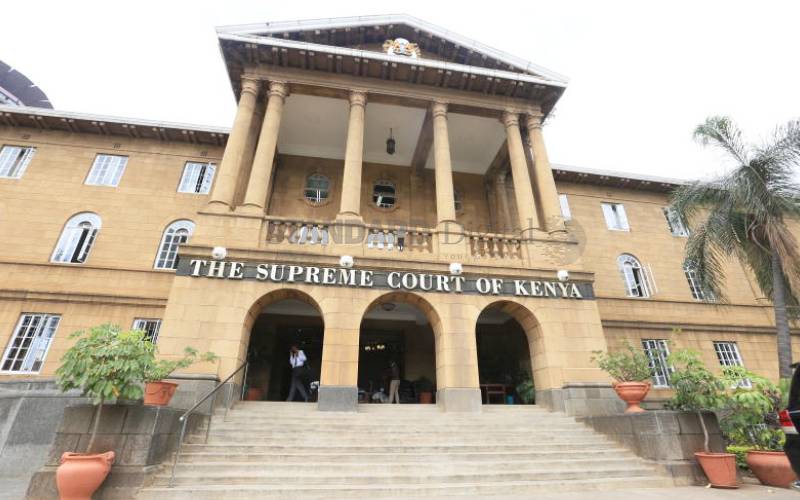×
The Standard e-Paper
Fearless, Trusted News

The Supreme Court has opened a limited window for parties to challenge arbitration awards in the Court of Appeal whenever there is proof of grave blunders by the High Court.